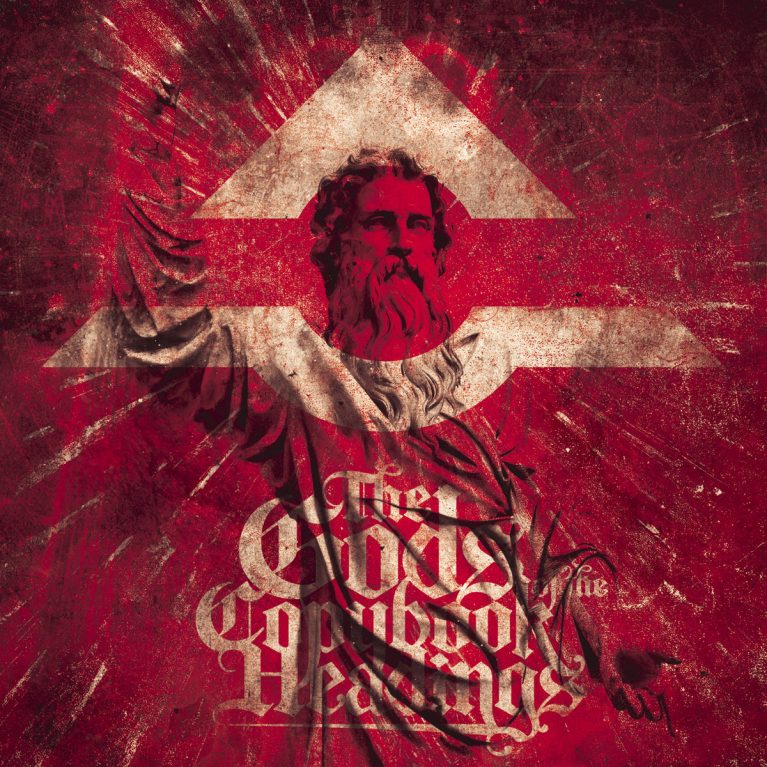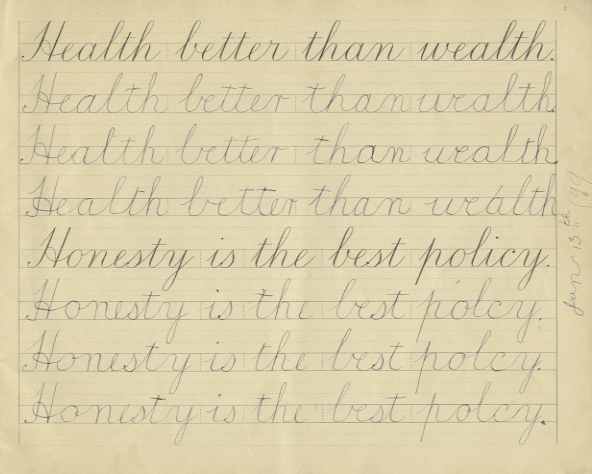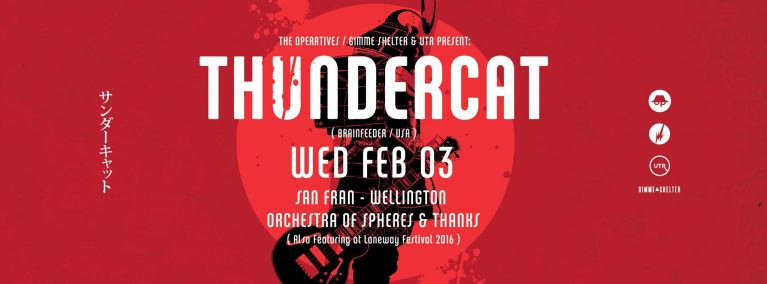I’ve always thought the act of sleeping to be somewhat of a strange occurrence. While essential to one’s health and wellbeing it still strikes an awkward chord in me, especially in the company of new acquaintances. Having toured and spent numerous nights positioning myself on a stranger’s floor, I’ve never quite become comfortable with the bizarre concept of turning one’s self off for a few hours. I think I’ve sort of just accepted the process as strange and have never really taken the time to think about why. We all do it. Most of us wish we could do more of it.
And then there are people who don’t sleep. I’ve really only been acquainted with one insomniac in my life and I can’t even begin to comprehend the amount of frustration they must experience. As weird as I find sleeping to be, I’m very grateful that it comes easy for me. However, with two young kids, I’ve had more than my fair share of sleepless nights. I love my girls to death but these nights have been an incredible challenge for my sanity and never once have I felt the creative itch at the tired hours of 3 AM. However, Christoffer Franzen (most notably of Lights & Motion) has been able to channel his sleepless nights in the most remarkable way.

Franzen is no newcomer to the art of writing incredibly moving music. His initial endeavor, Lights & Motion, quickly spread across the globe and captured the attention of Deep Elm Records. Situated within the genre of cinematic post-rock, Franzen’s music is perfectly suited for TV and film. He has great writing discipline that allows the music to breathe and grow but not become too drawn out and tired. Self-taught on every instrument, Franzen orchestrates his music by himself locked away in a small Swedish studio during the early hours of a sleepless night.
Having garnered remarkable success in getting his music placed on major Hollywood film trailers (Concussion, Transcendence, Lone Survivor, to name a few), high profile ad campaigns and Super Bowl commercials, Franzen is a proven musician and, more importantly, a brilliant composer. With three Lights & Motion albums under his belt, he is set to release his third composer release titled Wide Awake on March 18th, 2016. Following in the footsteps of Music For Film & Television, Volumes 1 and 2, Wide Awake is a twelve song exploration in brevity and mastery. Unlike Franzen’s work with Lights & Motion, his composer releases are made up of short, straight to the point, orchestrations specifically built for licensing. And while these pieces may leave the listener yearning for a few more minutes of musical bliss, they still work wonderfully as a whole.
Franzen took a different approach to writing Wide Awake as compared to Music For Film & Television, Volumes 1 and 2. As the album title hints, he wrote these songs during the day. This change in writing approach created a beautiful musical result that still remained true to his writing ability but revealed a more inspiring, uplifting side to his talent. I have a deep appreciation for writer’s who allow their surroundings to drive their work and find Christoffer Franzen’s willingness to use his insomnia to musically articulate himself both rewarding and inspiring.

While Wide Awake was written during the day, it still maintains a dreamy vibe that positions itself nicely next to Franzen’s previous work. Understanding his background as a composer and his battle with insomnia, immediately moves me to look at each piece on Wide Awake as a short dream. I’m not an avid dreamer, but when I do dream I find them to be short and fluid, moving in and out of semi-connected storylines. The brief nature of all of Franzen’s compositions work wonderfully as a soundtrack to a dreamscape that moves from one idea to the next, sometimes working together and other times playing with sporadicity. I’d like to think that while each of us are sleeping, Christoffer Franzen is hard at work writing the perfect soundtrack to our dreams.
C.J. Blessum
This review is about Franzen’s cinematic work. Click here for a review of Franzen’s other project, Lights & Motion.
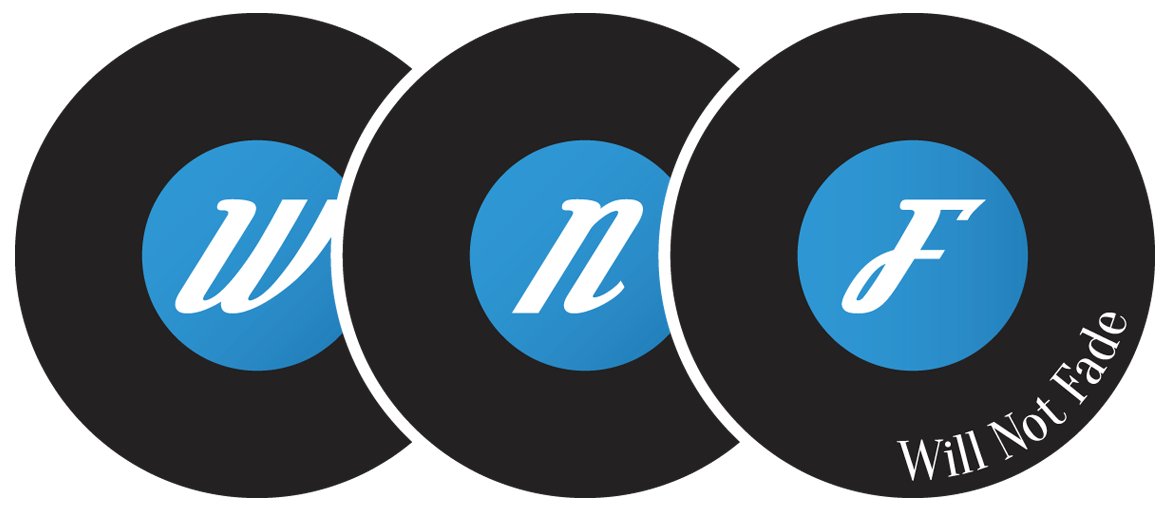
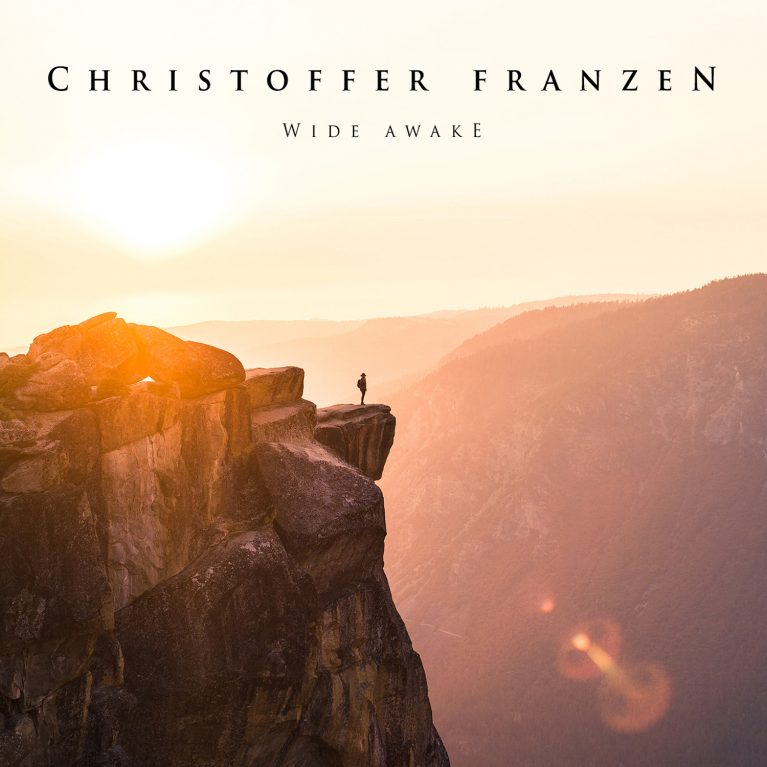
 Solemn Sun are a fairly new band, reincarnated from their previous project Jim Lockey and the Solemn Suns. I was thoroughly impressed by their 2014 debut EP, § [
Solemn Sun are a fairly new band, reincarnated from their previous project Jim Lockey and the Solemn Suns. I was thoroughly impressed by their 2014 debut EP, § [

